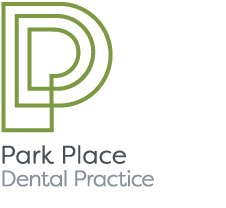How to find us
Park Place Dental Practice
Lower floor, 3-4 Park Place,
Cardiff CF10 3DP
Telephone: 0029 2037 3831
Email: reception@parkplacedental.co.uk
WhatsApp: 07592 597521
Opening Hours
Monday: 08.00 – 18.30hrs
Tuesday: 08.00 – 17.00hrs
Wednesday: 08.00 – 18.30hrs
Thursday: 08.00 – 17.00hrs
Friday: 08.00 – 14.00hrs
Saturday: Closed
Sunday: Closed
Emergency Appointment
Out-of-hours Emergency Cover
Whenever possible, please contact us during normal surgery hours. In extreme emergencies more details can be found below.

